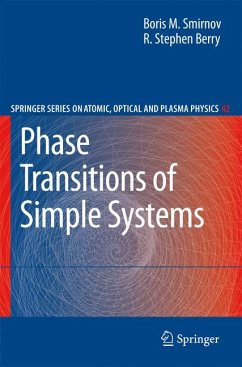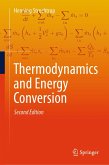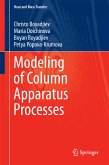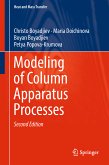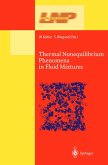This monograph develops a unified microscopic basis for phases and phase changes of bulk matter and small systems, in terms of classical physics. It describes the thermodynamics of ensembles of particles and explains phase transition in gaseous and liquid systems. The origins of such phase changes are derived from simple but physically relevant models of how transitions occur between rigid and fluid states, of how phase equilibria arise, and how they differ for small and large systems.
Dieser Download kann aus rechtlichen Gründen nur mit Rechnungsadresse in A, B, BG, CY, CZ, D, DK, EW, E, FIN, F, GR, HR, H, IRL, I, LT, L, LR, M, NL, PL, P, R, S, SLO, SK ausgeliefert werden.

